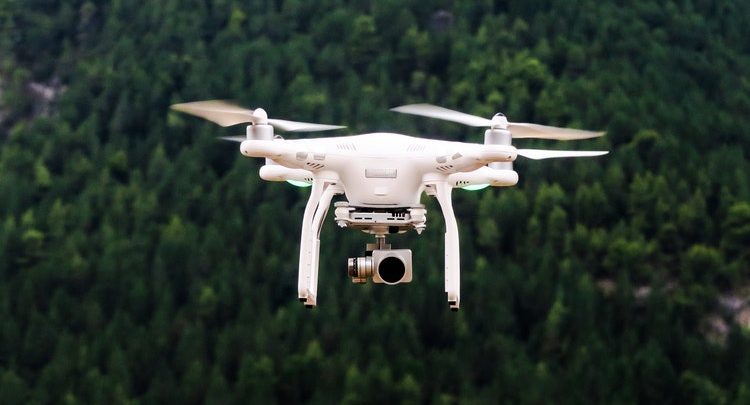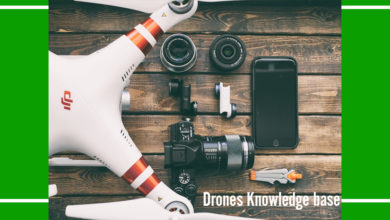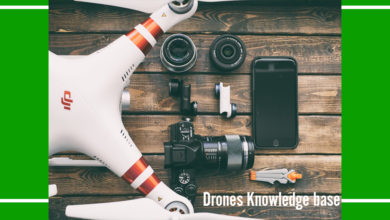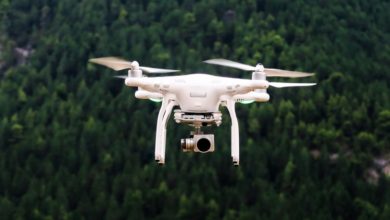
Drones Knowledge base
Why Pace is Important When Delivering a Speech
Have you ever attended a keynote address or seminar where the speaker sounded like they were trying to finish 2 hours’ worth of material in 15 minutes flat? Left you exhausted, didn’t it?
Or maybe you’ve been in one of those endless lectures where the speaker drones on and on slowly speaking each word in big round syllables? Hey, after the first speaker the sleep probably did you good, didn’t it?
What you’ve experienced is a case of putridly paced public speaking.
Okay, enough with the alliteration and silliness. The problem, however, is a case of poor pacing. (Oops, sorry about that.) In this article I’m going to explain why pace is so important when delivering a speech. Or at least I’m going to give you five reasons why you need to consider your pace when speaking in public.
1. Varying your pace helps keep your audience interested. One of the reasons that droning professors make for such boring lectures is that their pace is consistent. It doesn’t matter if it’s too fast or too slow. But keeping your pace consistent is sure way to drive your audience to screaming fits. Your voice is your instrument. For interest sake, sometimes you need to play the measure fast, and sometimes you need to play it slow.
2. Your pace affects your audience’s ability to follow what you are saying. If you speak too quickly for too long, your audience is going to have a problem following what you are saying. Basically, your ability to speak quickly exhausts them and they go wandering off looking for some stimulus that’s a little easier to follow. If you speak too slowly, your audience is going to get bored and go wandering off looking for greater stimulation.
3. Your pace shows your passion for your subject. When we are experiencing strong emotion we naturally begin to speak faster. When we get thoughtful, our speech slows down. You can use your pace to show your emotions to your audience. Your emotions make you more human. And they make your subject more obviously important. If you release your emotions your audience will accept you better and your pace will naturally vary.
4. Your pace affects your nervousness. Strong emotion affects the pace of your speech. And that includes the emotion of fear. But it’s a two-way street. When you are afraid — such as of speaking in public — you naturally begin to speak quickly. If you speak very quickly you will reinforce your fear. It becomes a circle of reinforcement.
5. Amateurs finish early or late. One of the things you always want to do as a professional speaker is to finish exactly on time. Of course, no one is perfect but the more your pace flexes, the harder it will be to predict how long your speech will be. You need to predict how long the actual speech will be. And to do that you need to be able to identify where you are going to be emotional and where you are going to be thoughtful.
Now: You might be wondering what to look for when choosing your drone. It’s easy: Right here, you will find the most important specs to look for. We’ve also included a drones knowledge base so that you can quickly learn the drones basics. Bada bing, bada boom — you’re almost ready for takeoff!


